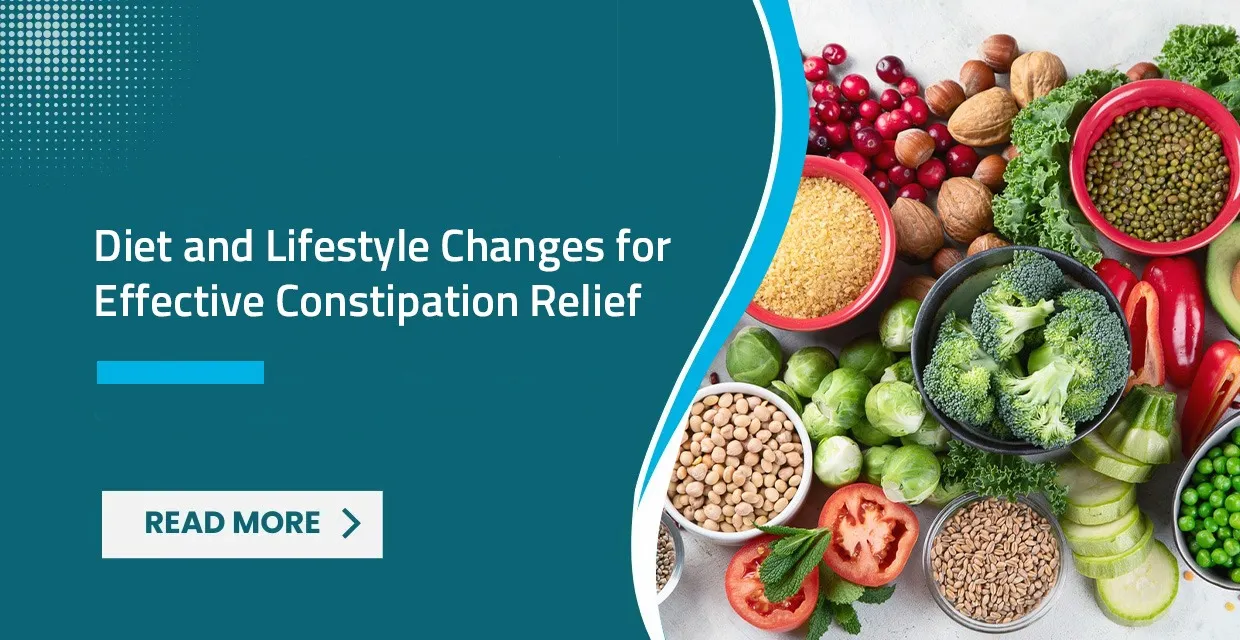Effective management of constipation often involves a combination of diet and lifestyle changes. While individual responses can vary, these general strategies are widely recommended for constipation relief:
Dietary Adjustments
Increase Fiber Intake: Fiber adds bulk to stools and promotes regular bowel movements. Include high-fiber foods like fruits, vegetables, whole grains, and legumes in your diet.
Stay Hydrated: Adequate fluid intake, especially water, is essential. It helps in softening stools and easing their passage.
Limit Low-Fiber Foods: Reduce intake of low-fiber foods such as meat, dairy products, and processed foods, which can contribute to constipation.
Consider Fiber Supplements: If dietary fiber is insufficient, fiber supplements like psyllium husk can be helpful. However, they should be introduced gradually and with adequate water intake.
Probiotics and Fermented Foods: These can help maintain a healthy gut flora, which may aid in improving bowel function. Examples include yogurt, kefir, and sauerkraut.
Lifestyle Changes
Regular Physical Activity: Exercise can help increase bowel motility. Aim for at least 30 minutes of moderate activity most days of the week.
Establish a Routine: Try to establish a regular time each day for bowel movements, such as after a meal, to train your body.
Mindful Eating: Eat slowly and chew your food thoroughly. This can aid digestion and reduce the likelihood of constipation.
Avoid Holding It In: Responding to the body’s natural urges to have a bowel movement is important to prevent constipation.
Stress Management: Stress can impact bowel movements. Engage in stress-reducing activities like meditation, yoga, or deep breathing exercises.
Other Considerations
Review Medications: Some medications can cause or worsen constipation. Consult with a healthcare provider to explore alternatives or adjust dosages.
Limit Caffeine and Alcohol: Both can lead to dehydration, which may worsen constipation. Moderation is key.
Beware of Overuse of Laxatives: While laxatives can be helpful for short-term relief, their overuse can lead to dependency and worsen constipation in the long term.
Consider Positioning: Using a footstool to elevate your feet while on the toilet can put your body in a more natural position for bowel movements.
Conclusion
Adopting these diet and lifestyle changes can significantly alleviate constipation for many individuals. However, if constipation persists, worsens, or is accompanied by other symptoms like abdominal pain, blood in stool, or unexplained weight loss, it’s crucial to seek medical advice. A healthcare professional can provide a personalized approach based on the individual's specific health needs and conditions.



